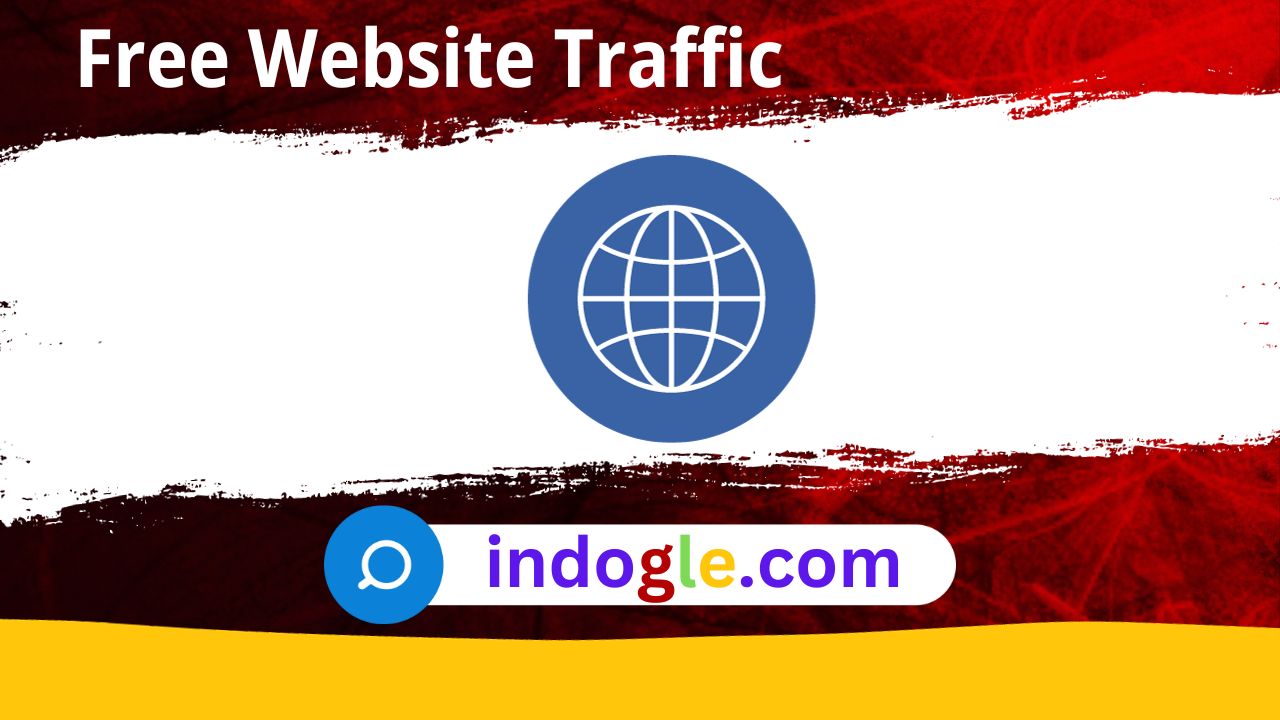100 Ways to improve Off Page SEO of a website
Improving off-page SEO (Search Engine Optimization) is crucial for enhancing your website's visibility and rankings on search engine result pages. Here are 100 tips to help you boost your off-page SEO:
1. Build high-quality backlinks from authoritative websites.
To build high-quality backlinks from authoritative websites, focus on creating valuable and unique content that naturally attracts links from reputable sources.
This includes guest blogging, becoming a source for journalists, and leveraging PR link building platforms. Also, analyze competitor backlinks and leverage broken link building techniques.
2. Guest post on relevant and reputable blogs.
3. Focus on acquiring backlinks from diverse domains.
4. Engage in social media platforms to promote your content.
5. Optimize your social media profiles with relevant keywords.
6. Regularly share valuable content on social media.
7. Participate in relevant forums and contribute valuable insights.
8. Respond to comments and engage with your audience.
9. Collaborate with influencers to reach a wider audience.
10. Use social bookmarking sites to share your content.
11. Create and distribute press releases to gain exposure.
12. Submit your website to reputable directories.
13. Build relationships with industry influencers for mutual promotion.
14. Monitor and improve your website's loading speed.
15. Optimize your website for mobile devices.
16. Utilize schema markup to enhance search results appearance.
17. Make sure your website has a user-friendly and intuitive design.
18. Prioritize user experience by delivering valuable and relevant content.
19. Implement a responsive design to cater to different screen sizes.
20. Create and optimize an XML sitemap.
21. Leverage online review platforms to gain positive reviews.
22. Improve user engagement through interactive features on your website.
23. Make sure your website has secure and authoritative SSL certificates.
24. Utilize geolocation targeting for local SEO optimization.
25. Implement breadcrumb navigation for positive user experience.
26. Monitor and improve your website's click-through rate (CTR).
27. Optimize your website's meta tags (title, description) for better visibility.
28. Conduct thorough competitor analysis to identify opportunities.
29. Utilize online tools to analyze and improve your website's SEO performance.
30. Utilize anchor text optimization for internal and external links.
31. Actively monitor and disavow toxic backlinks.
32. Leverage social signals to improve your website's credibility.
33. Utilize infographics to attract quality backlinks.
34. Optimize your URLs for better visibility and relevance.
35. Incorporate social sharing buttons on your website.
36. Utilize video marketing and optimize video descriptions and tags.
37. Participate in relevant webinars and link back to your website.
38. Leverage the power of email marketing to boost your off-page SEO.
39. Actively monitor and respond to online reviews and feedback.
40. Utilize online communities and groups to share your content.
41. Use strong calls-to-action to encourage user engagement.
42. Leverage social proof by displaying customer testimonials.
43. Drive traffic through paid advertising campaigns.
44. Implement a consistent and effective link building strategy.
45. Collaborate with industry experts for interviews or expert roundups.
46. Utilize relevant hashtags in your social media posts.
47. Aim to earn high-quality mentions from authoritative websites.
48. Utilize Google My Business to optimize local SEO.
49. Actively participate in relevant industry events and conferences.
50. Implement structured data markup for rich snippets in search results.
51. Monitor and improve your website's bounce rate.
52. Leverage the power of online influencers to promote your content.
53. Optimize your website's 404 error page with helpful suggestions.
54. Utilize social listening tools to identify brand mentions.
55. Encourage user-generated content (reviews, testimonials, etc.).
56. Create high-quality content that naturally attracts backlinks.
57. Participate in relevant industry awards and competitions.
58. Implement a strong and strategic internal linking structure.
59. Utilize online directories and listings for local SEO optimization.
60. Actively engage with industry-specific podcasts.
61. Enable social login options on your website.
62. Utilize online surveys to collect data and generate content.
63. Utilize influencer marketing campaigns to reach a wider audience.
64. Create compelling and shareable visual content.
65. Monitor and optimize your website's crawlability.
66. Focus on building relationships over simply getting backlinks.
67. Utilize online tools to monitor and optimize your website's backlink profile.
68. Create shareable content assets like eBooks or whitepapers.
69. Utilize online press release distribution services.
70. Actively monitor and respond to relevant online discussions.
71. Encourage social sharing through incentives or contests.
72. Utilize online advertising platforms for specific targeting.
73. Optimize your website for voice search.
74. Implement AMP (Accelerated Mobile Pages) for better mobile performance.
75. Utilize web analytics to track and improve your off-page SEO efforts.
76. Optimize your images for search engine visibility (file names, alt tags, etc.).
77. Regularly update and repurpose existing content to keep it fresh.
78. Leverage podcasting opportunities to
 Reviewed by Admin team
on
December 09, 2023
Rating:
Reviewed by Admin team
on
December 09, 2023
Rating:








